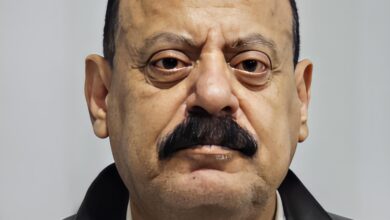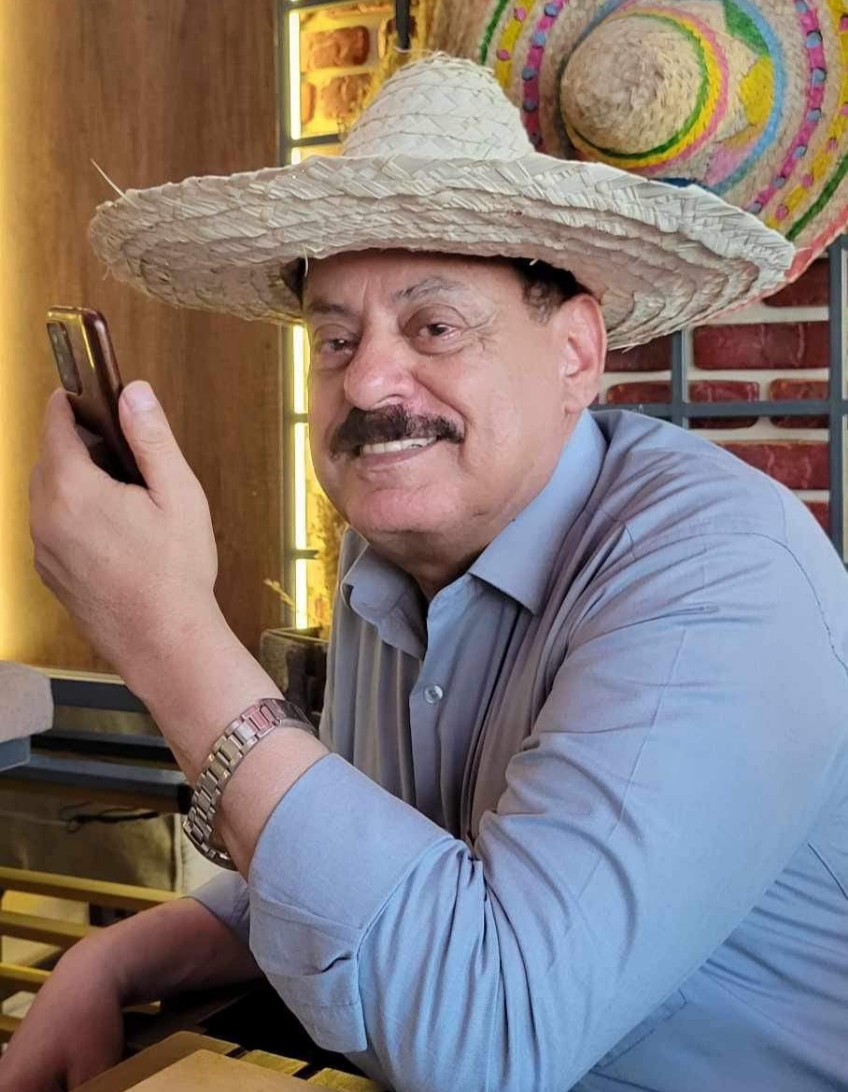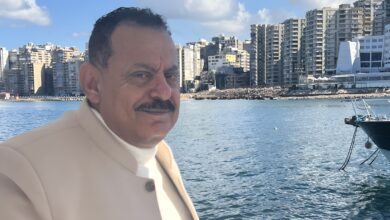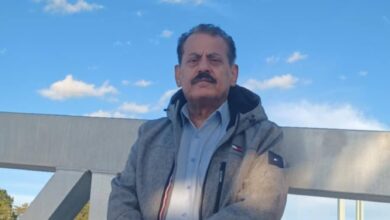Out of the Law
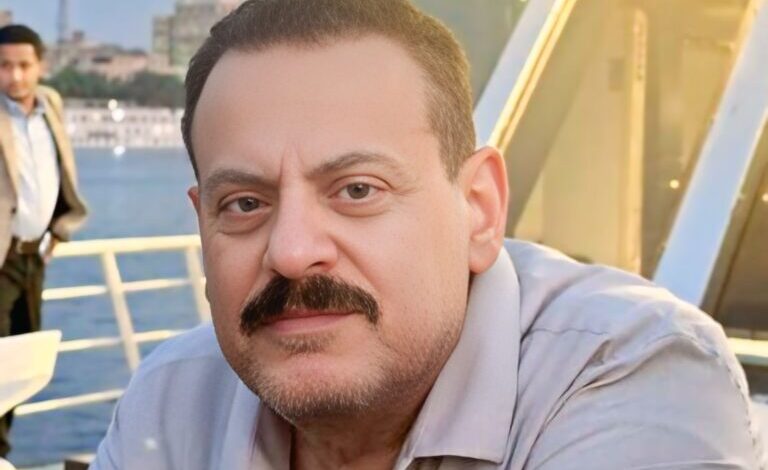
Yemeni mp
Ahmed Saif Hashed
I returned home after relinquishing my weapon. Hassan Abdullah Ghaleb, known as “the one-eyed,” the political deputy in Camp 20, contacted me and asked me to come to his house. We all lived in Al-Thawrah neighborhood, Al Qaloah district and I often visited him. We shared a bond of friendship and respect, not to mention that we hailed from the same region in the north.
Hassan Abdullah is a hardworking man who built himself up from nothing. He overcame the disability of losing sight in one eye and became a successful individual with one eye. He rose to the rank of captain and served as the political deputy for the popular militia in Aden—Camp 20. Hassan is a diligent worker who crafted his existence from scratch. He is known for his remarkable humility and is exceptionally helpful to everyone who seeks him out, including those who may disagree with him politically. He bears no grudges against those with opposing views and does not hesitate to express his own opinions.
He treated me with utmost respect, and I held deep affection, appreciation, and respect for him. The political differences between us could not tarnish the warmth of our relationship.
Hassan Abdullah had many young children, the oldest of whom was not yet 15, while his wife suffered from a heart condition and relied on constant medication. Her health was deteriorating.
I felt he was in a precarious situation, and his chances of escaping these turbulent events were slim. I sensed that blind vengeance would prevail, devoid of any justice, law, or even a semblance of a trial. Imagine, even mock trials seemed impossible and far-fetched.
Death loomed large, trivializing the blood and life of adversaries to a point where sometimes a bullet was worth more than a life. When human life is diminished to such an extent, you know you are living through a national catastrophe and a protracted tragedy for the people. How cheap human life becomes in the eyes of the vengeful. I felt that his many children, all minors, would also fall victim to the madness of this war that had swept through our comrades. I sensed a looming tragedy that they would endure in the days to come.
I went to his home, where the children swarmed around me as if I were a lifeboat, while I struggled internally, grappling with my intense sorrow and the choking grief that was strangling my throat. I saw the mother, terrified of the fate that awaited her, weeping bitterly over the loss and the uncertain future. A profound and grave affliction was about to strike her and her children, as she carried a mountain of worries and questions for a grim time ahead. She hoped for mercy from the days to come, weighed down by the heavy darkness of these dire events.
I tried to leave the atmosphere of sadness surrounding me, but his wife informed me that he was at a relative’s house nearby. I took one of their children as my guide to reach him.
When I met him, I felt the weight of his tragedy and the many more that this war would leave behind. I offered him the chance to come to our house, as it might be safer. The home he was in was likely to be searched, and he could be arrested. We had no idea what would happen after that! The chances of a devastating fate were far more likely than any other outcome. In the best-case scenario, if he survived, he would face beating, torture, humiliation, and a complete violation of his rights in detention. I had witnessed some of what transpired in “Crater” just the day before.
I suggested he hide with me until we could find a way out. However, he informed me that he had been in contact with Abdul Hafiz Qaid—an important historical figure in the national movement, respected and esteemed among political leaders in the party and state. He told me that he had shared his situation with him, and Abdul Hafiz advised him to surrender, assuring him that he would follow up on his case. He preferred this option over hiding in my home. Yet the killers had their own choices, and the violence was out of control. The murderers cared little for reason or balance; Hassan’s and Abdul Hafiz’s assessments had proven misguided.
Hassan Abdullah surrendered himself to the victorious faction and was sent to “Saber” prison in Lahj Governorate. After weeks or months, he, along with many other detainees, was executed without trial. It was a murder outside the law. I learned that the green light had come from a high-ranking security leader, who delegated the task of killing to those beneath him. Both sides committed brutal executions and retaliations outside the bounds of law.
The hearts and eyes of Hassan’s children, all minors, and his ailing wife were worn out from waiting. They waited for years for his return. Each day, the family hoped to hear Hassan knock on the door, but he had been forced to leave with no hope of return. They endured a heavy, painful daily torment for years, both day and night.
Such executions were not limited to one side; both parties raced against each other, steeped in murder to the point of absurdity and madness. The finest cadres of the party and state, along with many innocents, fell victim to this cruel and vengeful war. This conflict marked the beginning of a significant defeat for the party, the south, and the nation in 1994.
On January 13, horrendous massacres were committed, some reminiscent of today’s ISIS crimes. We are a people who only realize the extent of our madness in killing and destruction after it is too late, when regret sets in.
Between yesterday and today, despite the horrors of both, there remains a difference in favor of the days gone by. They killed Hassan and many like him, but they did not cut off his family’s salary. In today’s war, they kill you and cut off your family’s salary even before you die. Nearly one and a half million Yemenis, state employees, have had their salaries suspended, enduring suffering greater than death, more hellish than hell itself. What is most horrific and hellish is that the world has conspired with this torment and tragedy, which will never end, leaving scars in the heart until the Day of Resurrection.
* * *


